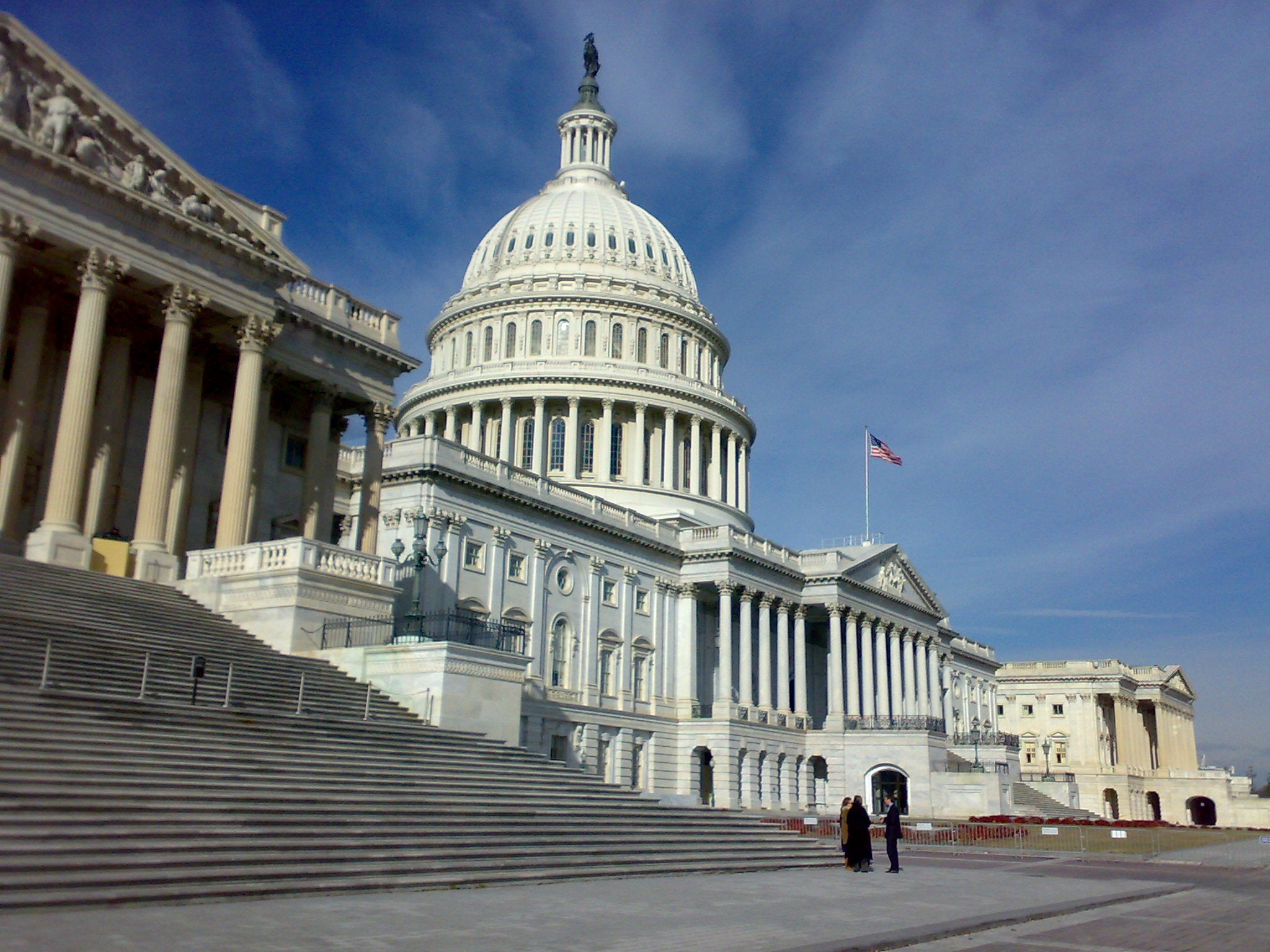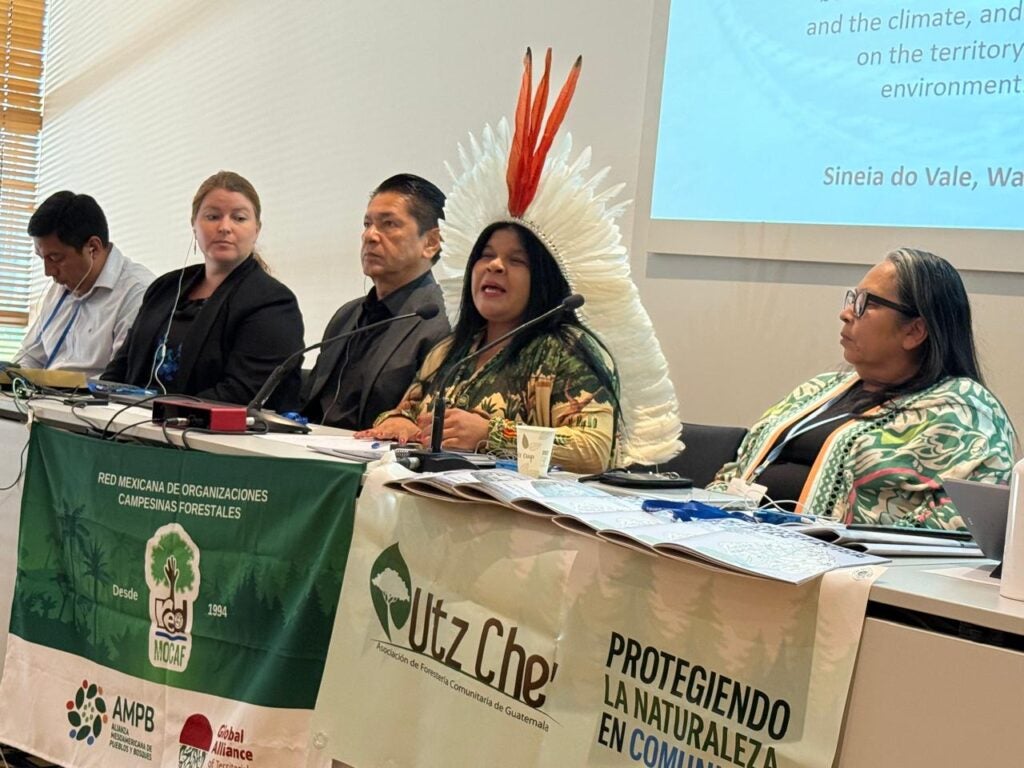On July 1, the ten states participating in the Regional Greenhouse Gas Initiative (RGGI) concluded their Third Program Review and announced updates that strengthen the regional cap on climate pollution, beginning in 2027. These changes also introduce new measures to protect energy affordability and reaffirm the program’s commitment to cutting pollution, promoting clean energy and supporting local communities.
As Environmental Defense Fund (EDF) analysis shows, the case for program improvements is well supported — delivering clean electricity and critical climate and health benefits while ensuring consumer affordability. And there’s still room to do even more.













